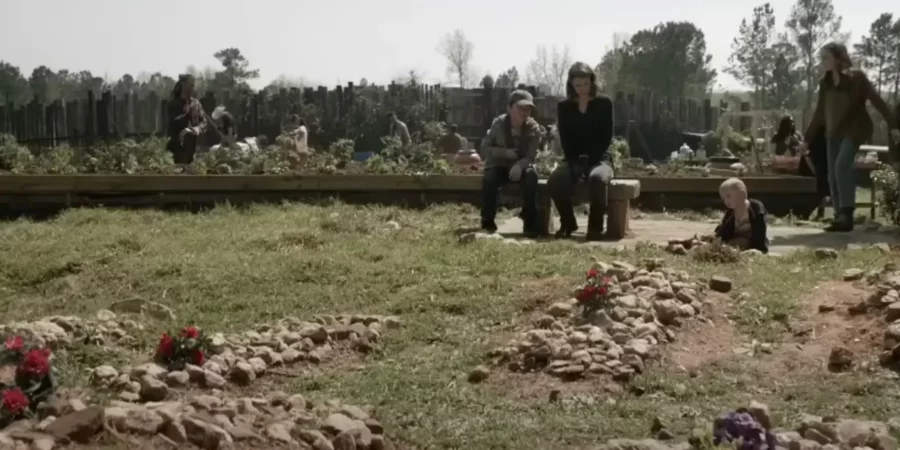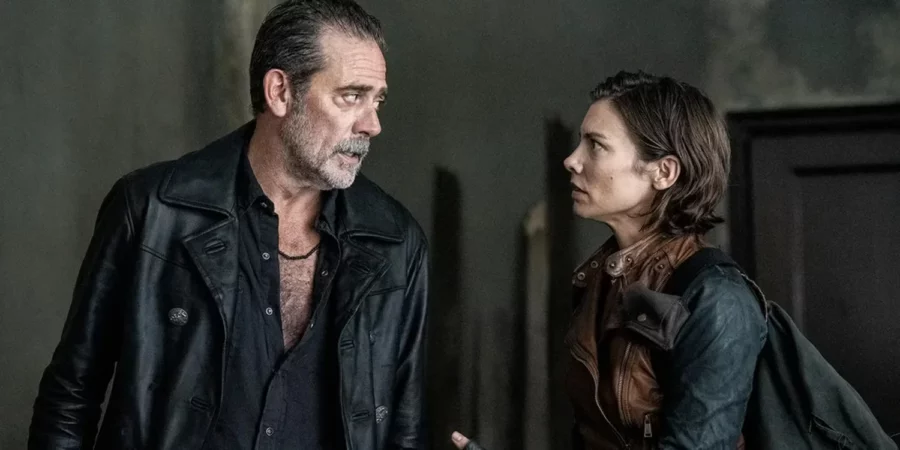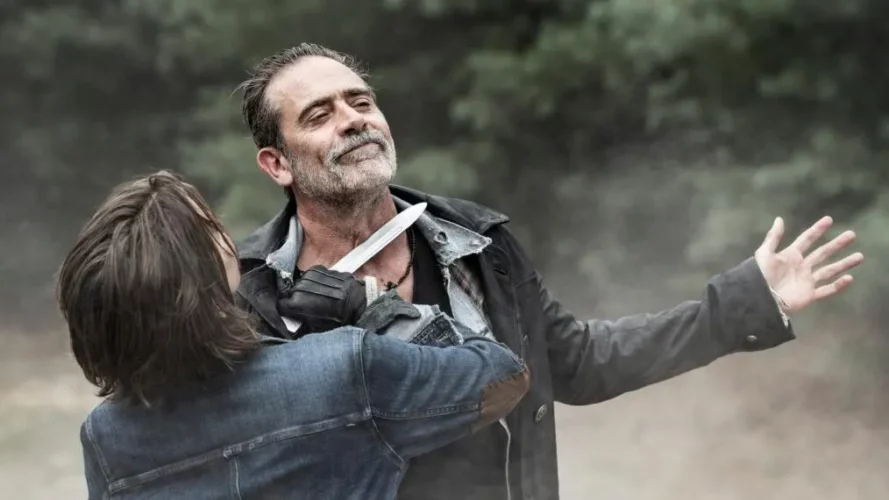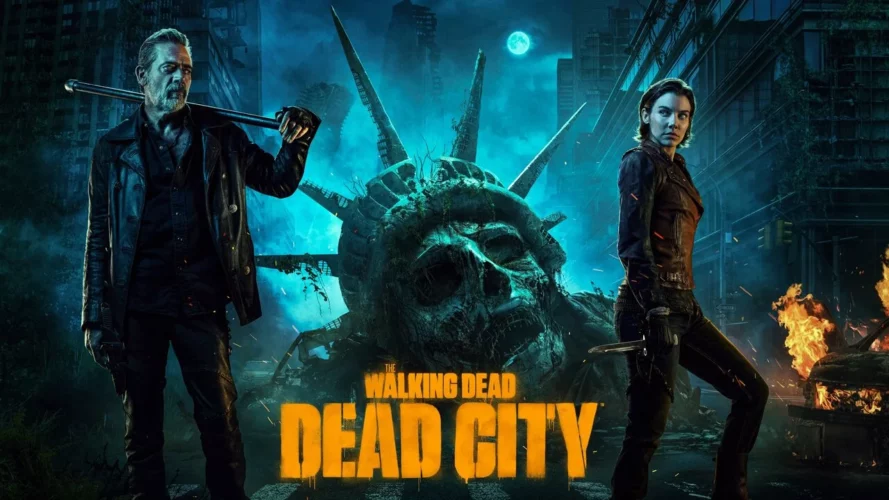Table of Contents
Journey through the post-apocalyptic world! The Walking Dead: Dead City, the highly anticipated spinoff sequel, shatters expectations and rewrites the rules. Released on June 15, 2023, on AMC, this new installment defies the norm by boldly retconning The Walking Dead ending in two major ways, leaving fans astounded and eager to explore the unexpected twists and turns that lie ahead.
In Dead City familiar characters and a new urban landscape collide, reshaping the legacy of The Walking Dead forever. Discover the retcons present in The Walking Dead Dead City ending, examining their impact on the story and the overall conclusion of the beloved series.
Dead City Retcons
The Walking Dead: Dead City, the anticipated spinoff sequel to AMC‘s original TV series, has arrived, picking up several years after the main show’s ending. However, this new installment introduces two significant retcons that deviate from The Walking Dead‘s series finale.
Retcon 1: Dead City Ignores Maggie and Negan’s Ending
The first retcon centers around the characters of Maggie and Negan, played by Lauren Cohan and Jeffrey Dean Morgan, respectively. In The Walking Dead’s final season, Maggie struggled to forgive Negan for brutally killing her husband, Glenn played by Steven Yeun. Eventually, she acknowledged his attempts at redemption but admitted that forgiveness might never come.
However, in The Walking Dead Dead City, Maggie reverts to her previous rage and thirst for vengeance, reigniting the animosity between her and Negan. Surprisingly, Negan appears annoyed rather than remorseful, deviating from his earlier acceptance of Maggie’s feelings. This retcon challenges the progression of their characters and their evolving dynamic.
Retcon 2: Hilltop’s New Location as a Plot Hole
The second retcon involves Hilltop, the once-thriving community that faced destruction during the Whisperers’ attack. In The Walking Dead‘s final season, it was revealed that Hilltop had successfully rebuilt and flourished under Maggie’s leadership. However, in The Walking Dead: Dead City, Maggie informs Negan that Hilltop had to relocate and rebuild after his involvement in burning it down.

This contradicts the optimistic time jump presented in the original series finale, which showcased harmonious cooperation between Alexandria, the Commonwealth, and the rebuilt Hilltop. Dead City’s suggestion that Hilltop’s recovery never actually occurred disrupts the intended conclusion of The Walking Dead.
Impact on The Walking Dead’s Ending

The Walking Dead: Dead City‘s retcons have significant implications for the overall conclusion of the original series. By disregarding Maggie and Negan‘s evolving relationship, the spinoff diminishes the emotional depth and character growth witnessed in The Walking Dead‘s final season. It undermines the themes of redemption and forgiveness that were central to their storylines. Additionally, the revision of Hilltop’s fate creates a plot hole, contradicting the optimistic vision of a united and thriving community presented in the series finale.
A New Direction

While these retcons may disappoint fans seeking a seamless continuation of The Walking Dead, it is essential to recognize that Dead City represents a new direction for the franchise. As a spinoff, it has the creative freedom to explore alternative storylines and character dynamics. However, it is crucial to strike a balance between innovation and honoring the original series’ established narrative and character arcs.
Wrap Up
Dead City‘s debut episode titled Old Acquaintances introduces two significant retcons that challenge The Walking Dead‘s ending of the beloved original series. By ignoring Maggie and Negan‘s progress towards forgiveness and revising Hilltop‘s fate, the spinoff diverges from the intended conclusion of The Walking Dead.
While the creative liberties taken in Dead City offer new avenues for storytelling, it is essential to maintain the integrity of the characters and the established narrative. As fans continue to follow the adventures in Dead City, they will undoubtedly scrutinize the deviations from The Walking Dead‘s ending, questioning the impact on the overall legacy of the franchise.






